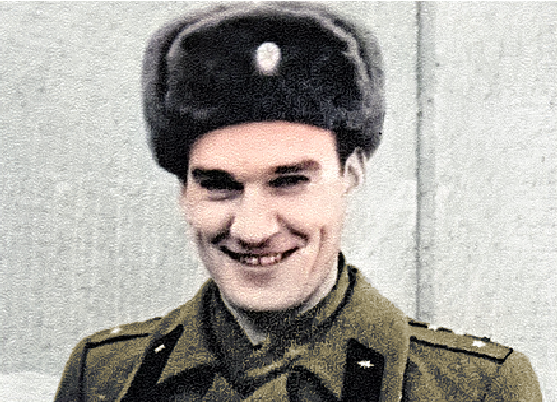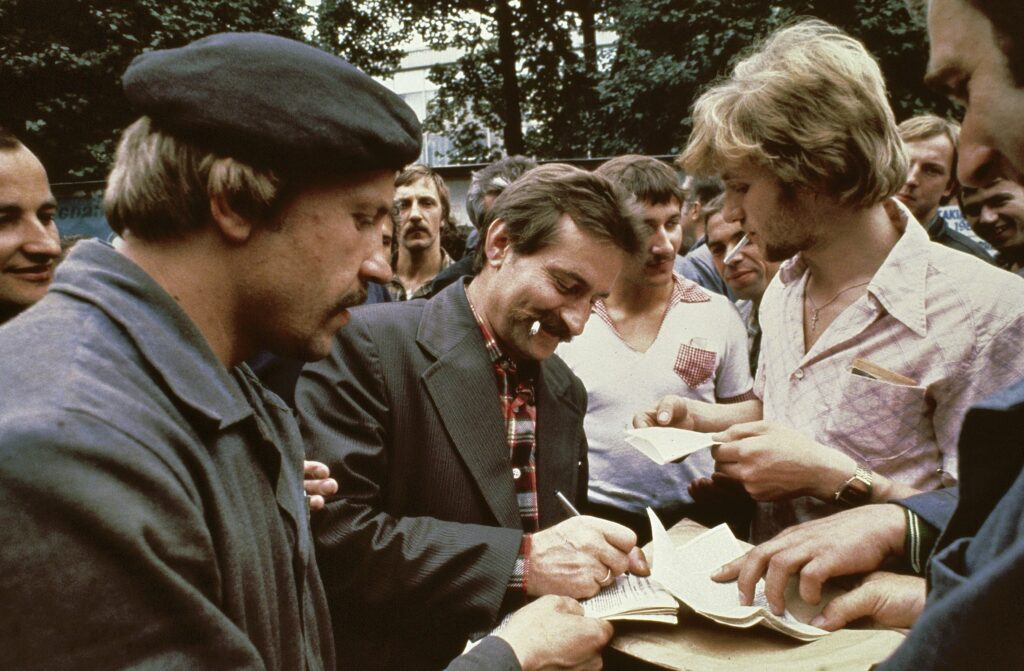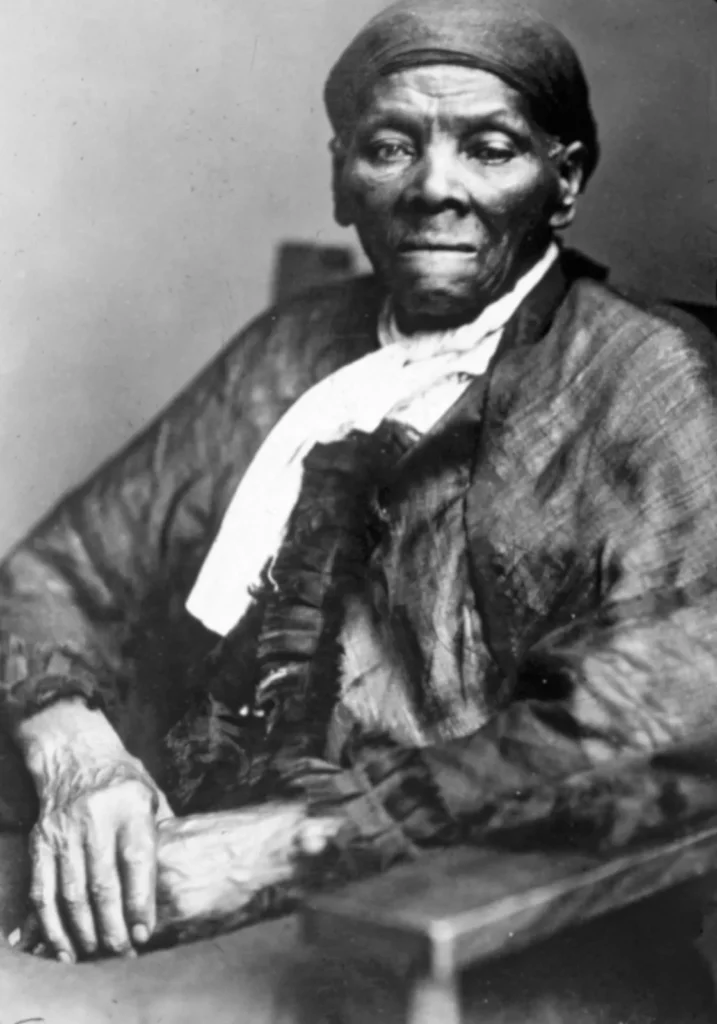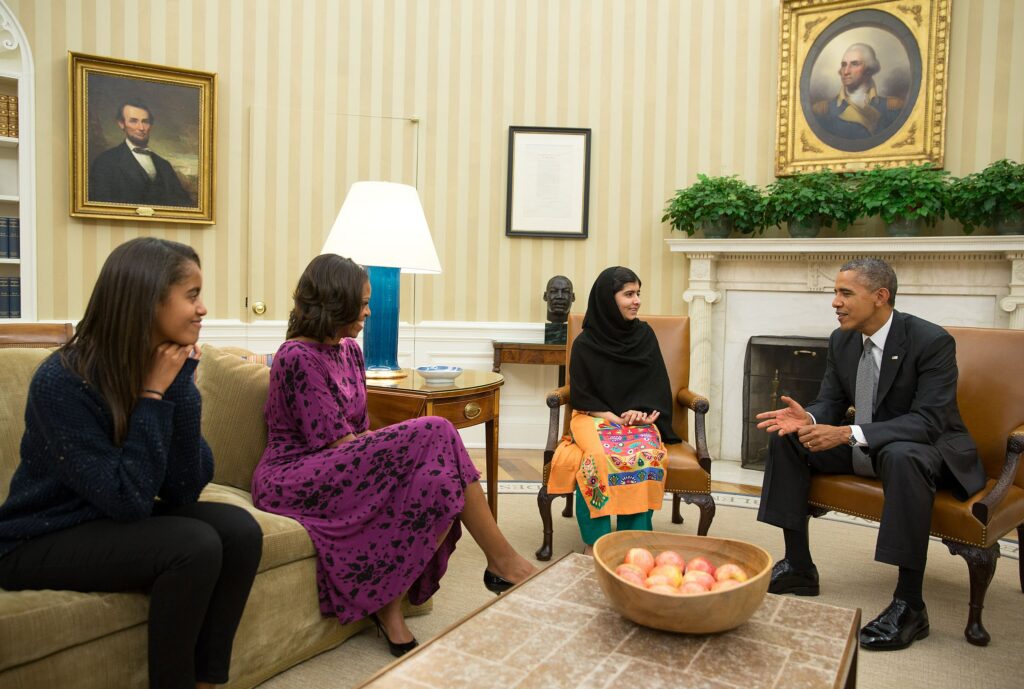Not all heroes wear capes. The most ordinary of us are capable of the most extraordinary things, and history has shown as much.
From the unsung heroes who sacrificed their lives to those who donated their time and resources to help others, these individuals have made a lasting impact on the planet and, ultimately, history.
Here are just a few ordinary people who have made a difference and may have even saved the world.
Stanislav Petrov
On September 26, 1983, Stanislav Petrov, a 44-year-old Lieutenant Colonel in the Soviet Union’s Air Defense Forces, single-handedly saved the world from what would have been the end of modern-day civilization. So if you were thinking, what else could it be if not a nuclear apocalypse, you’re right.
At the time, the United States and the Soviet Union were still embroiled in a cold war, and tensions were high. On that fateful day, the Soviet Union’s early warning system indicated that the United States had launched five nuclear missiles at the Soviet Union.

Petrov was the duty officer at the command center that day and was tasked with determining whether or not the alert was accurate. He had to decide whether to report the alert to his superiors and potentially launch a retaliatory strike or trust his gut instinct that the alert was a false alarm.
Against all odds, Petrov chose the latter. He decided to trust his gut and not report the false alarm. Consequently, he averted a nuclear war between the two superpowers.
Petrov’s brave decision to trust his guts probably saved our planet and civilization from going up in flames.
Unfortunately, yet not unsurprisingly, given the cutthroat nature of the Soviets at the time, despite Petrov’s heroic decision, his career in the Soviet military suffered, and he was eventually discharged.
Decades later, Petrov would receive the World Citizen Award, gaining recognition for his role in averting a potential global catastrophe.
Lech Walesa
Lech Walesa was a Polish activist and labor leader who played a key role in ending communist rule in Poland and the rest of Eastern Europe during the cold war.
Having had enough of the oppressive governance of Poland, Walesa organized a strike at the Gdańsk Shipyard in 1980 to fight back and demand better treatment.
The government eventually agreed to recognize the workers’ right to form independent labor unions. This was the origin of the solidarity movement that would later become the first independent trade union in a Soviet-bloc country.
Through Walesa’s leadership, Solidarity grew from a small union to a large mass movement.

The organization’s success in achieving economic and political reforms eventually forced the government to negotiate ‘peacefully,’ which ultimately led to the 1989 Round Table Agreement and the end of communist rule in Poland, signaling the beginning of a new era of freedom and democracy for the country.
In 1990, Walesa became Poland’s first democratically elected president, and he served until 1995.
During his presidency, he continued to push for economic and political reforms in Poland and abroad. He was also a strong advocate for European integration.
Walesa’s efforts to end communism in Poland and the rest of Europe have been widely recognized. In 1983, he was awarded the Nobel Peace Prize in recognition of his contributions to the cause of freedom and democracy.
The Chernobyl Three
On April 26, 1986, an explosion at the Chernobyl nuclear power plant in Ukraine released a massive amount of radiation into the atmosphere, causing an environmental disaster.
The infamous incident is considered the worst nuclear disaster in history. Furthermore, it is the only accident to have been given the maximum level 7 classification on the International Nuclear Event Scale.
The Chernobyl Three, also known as the “liquidators,” in persons of engineer Alexei Ananenko, senior engineer Valeri Bespalov, and shift supervisor Boris Baranov were responsible for a daring and heroic mission in the aftermath of this level 7 nuclear disaster.
To prevent a much larger catastrophe, the Chernobyl Three volunteered to enter the flooded basement of the reactor and manually close the valves to drain the cooling water from the reactor core.
This was a perilous mission, but they knew that should the cooling system remain open, the reaction between the melting reaction core and the cooling water could cause a mega steam explosion far greater in magnitude than anything the world had ever seen. A worst-case scenario could potentially render much of Europe inhabitable for 500,000 years.
Doing nothing meant the potential death of millions, and taking action meant they would be exposed to high radiation levels in the reaction core — up to 1000x — with a high risk of succumbing to the radiation. In the end, they decided to take the risk and go ahead with their plan
With their bravery and selflessness, the Chernobyl Three were able to shut off the cooling system successfully, which prevented a much larger disaster from occurring. The three of them were later honored for their bravery and selflessness, and their actions will never be forgotten.
Harriet Tubman
Without Harriet Tubman, no list of ordinary people accomplishing amazing things would be complete. Harriet Tubman is widely recognized for her bravery and heroism as a leader of the Underground Railroad and her work to free African Americans from slavery.
Her actions and determination to stand up for what she believed in, even in the face of great danger, helped to inspire and empower those in the anti-slavery movement to keep fighting for freedom.
Her leadership and example gave hope to struggling people and demonstrated to the world the power of a person to make a difference.
Harriet was born into slavery in Maryland in 1822 and escaped to freedom in 1849. Despite having just escaped to freedom, she threw herself right back into the maws of danger by working with the Union to help free slaves still held in captivity in the South, where she escaped.

In addition to leading enslaved people to freedom, Tubman also served as a spy, scout, and cook for the Union forces. She was a brave and daring leader who risked her safety to help others.
She was one of the few female scouts during the Civil War and provided valuable information to Union forces. Tubman also worked as a nurse, providing medical care to the wounded on the battlefields.
During the anti-slavery campaigns, her familiarity with the southern towns and their transportation routes made her invaluable to the war effort. She eventually led the Combahee River Raid, which freed more than 700 enslaved people in South Carolina, becoming the first woman to command an armed expedition in the war.
As a freedom fighter, Tubman also recruited formerly enslaved people to fight for the Union.
She worked to organize escaped enslaved people into regiments to fight for the Union army. Her efforts helped swell the Union forces and make it possible for the Union to win the war.
Her courage and dedication helped Harriet Tubman end slavery and create a better world for all people.
Malala Yousafzai
Malala Yousafzai, born in 1997 in Swat, a picturesque valley in northwestern Pakistan, is a Pakistani human rights fighter and advocate for young girls’ education who has long opposed the Taliban’s anti-Western educational policy.
Malala’s story began at a very young age. When she was ten, the Taliban seized control of the Swat district where she and her family lived, outlawing girls’ school attendance.
The Taliban’s assault on female educational institutions after their invasion was the spark that spurred her into action.
In defiance of the Taliban’s oppressive regime, Malala began to speak out, writing blogs and filming videos about how she and hundreds of other young girls like her are forced to live in fear and denial of their right to an education, especially in the face of the Talibans’ brutality. Her story was heard by millions all over the world.

In 2011, in lieu of her efforts, she was nominated for the International Children’s Peace Prize and received Pakistan’s National Youth Peace Prize in the same year.
In 2012, She was shot in the head by a Taliban hitman during an attempt on her life in reprisal for her advocacy; against all odds, she survived. Her battling spirit was undaunted by the failed attempt on her life.
She returned stronger and has since become a leading voice for girls’ education and the advancement of women and girls worldwide.
Malala, who had spent her entire adolescence fighting for every child’s right to an education, was awarded the Nobel Peace Prize in 2014 at 17, making her the youngest recipient in history.
Since then, her heroic exploits have earned international recognition and support, and she has received multiple honors, including the 2014 Sakharov Prize.
Now Malala is involved in numerous charitable projects and is an outspoken advocate for women’s rights globally.
Her narrative has given millions of people throughout the world hope and motivation. Her bravery and drive to fight for the right of all children to education have demonstrated what one person can accomplish to make a difference and maybe save the world.
Gino Strada
Gino Strada is an Italian doctor and humanitarian assistance worker who has saved thousands of lives in some of the world’s most dangerous and war-torn countries.
Since 1994, he has founded the medical aid group Emergency, which has offered medical and surgical assistance to over 11 million individuals in over 20 countries.
Strada started out when he gave up a lucrative medical profession to work as a battlefield surgeon with the International Committee for the Red Cross (ICRC) in the early 90s.
In the years after that, Strada became an outspoken supporter of the use of international humanitarian law to protect people during times of conflict and has sought to raise awareness of the situation of individuals living in war-torn countries.
He has been a vocal opponent of using landmines and other weapons of mass destruction, traveling to war-torn places to do surgery, and establishing clinics to enhance people’s quality of life.
Over 30,000 patients who would not otherwise have access to medical treatment have had life-saving procedures conducted by Strada personally.
In addition to his work with Emergency, Strada founded the non-profit organization Doctors Without Borders in 1995. This organization has provided medical care to thousands of people in over 60 countries.
This organization has also been recognized for helping to reduce the number of deaths related to war and conflict.
Lois Gibbs
Lois Gibbs is an environmental activist and health advocate best known for her successful campaign to shut down the Love Canal toxic waste site in Niagara Falls, New York. Her story began in 1978 when she and her family moved into a home in the Love Canal neighborhood.
Soon after, she realized something was amiss after her kids — previously healthy Michael and newly born Melissa — began to develop serious health issues out of the blue.
Gibbs investigated her hunch and discovered that many neighbors and others in the town were falling ill. She suspected it was due to pollutants in the air and water from Love Canal’s previous usage as a local waste site.
After learning about the danger, Gibbs organized a community action group and wrote letters to government officials, urging them to take action.
Gibbs’ activism soon gained national attention, and eventually, the federal government stepped in and declared the Love Canal a national disaster. This decision resulted in the relocation of over 800 families and the eventual cleanup of the area.
Gibbs continued to fight for environmental justice and health rights and was eventually awarded the Goldman Environmental Prize in 1990.
The U.S. Environmental Protection Agency’s “Superfund” was eventually established due to Gibbs’ work.
It is a rapid response department tasked with cleaning up some of the most contaminated territories in the country and reacting to environmental emergencies, oil spills, and natural catastrophes.
Since her time, many others have been inspired by Gibbs’ narrative, which reminds them of the power of grassroots movement.
Her work has influenced our understanding of environmental rights and what each of us as individuals may do to advocate for them and make our environments safe for ourselves and our loved ones.

